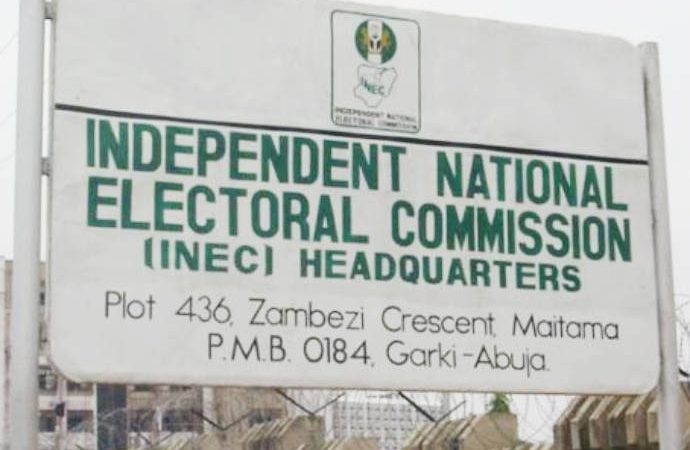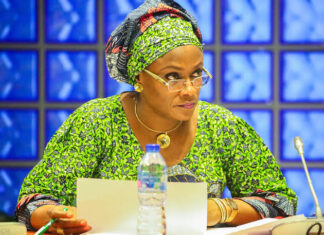By Emeka Alex Duru
With the directive by the Independent National Electoral Commission (INEC) on political parties to conclude all primary elections by October, the race for the 2019 general elections, may have been flagged off, in a way.
The directive was included in the timetable and schedule of activities for the 2019 general elections released by the Commission, on Tuesday, January 9, 2018.
According to the release, Presidential and National Assembly elections will hold on February 16, 2019 while governorship and State Assembly elections will be conducted on Saturday, March, 2, 2019.
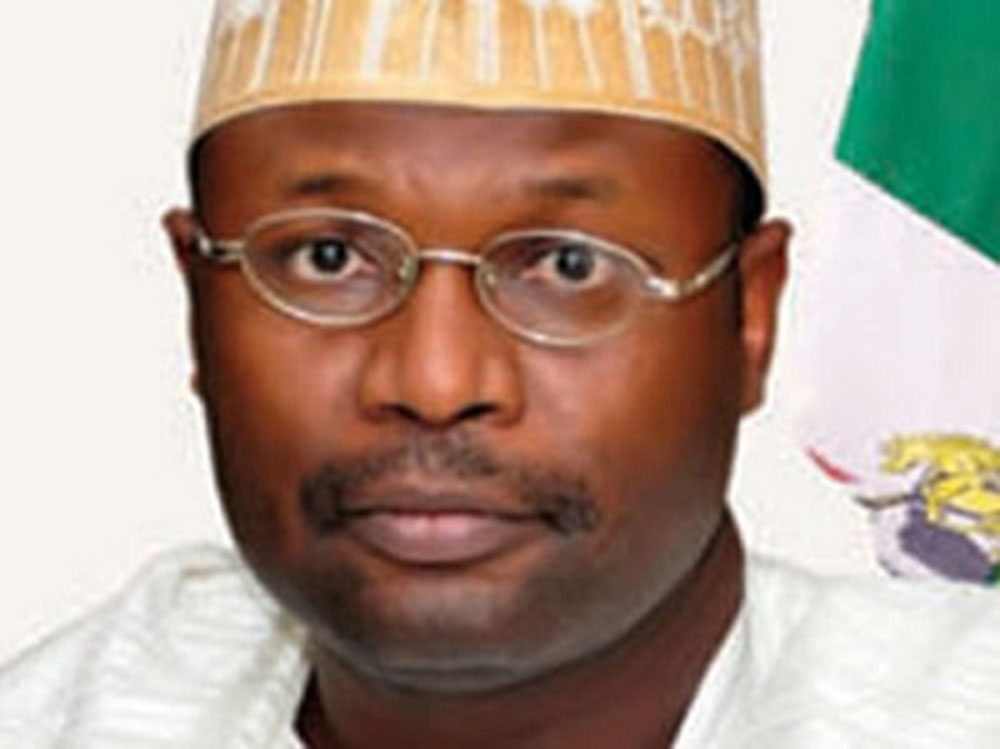
By the arrangement, the conduct of party primaries, including the resolution of disputes arising from primaries for national and state elections should be conducted between August 18 and October 7.
Commencement of campaign by political parties would be from November 18, for presidential and National Assembly elections, while that for governorship and State Assembly elections, is scheduled for December 1.
Sixty-seven political parties are expected to participate in the elections. But baring coalition of some of the existing parties into a single entity or emergence of relatively stronger ones, the presidential election is going to be a straight fight between the ruling All Progressives Congress (APC) and the Peoples Democratic Party (PDP).
The trend may replicate in the states, except in some instances as in the East, where such organisation as the All Progressives Grand Alliance (APGA), may throw in stiff challenge.
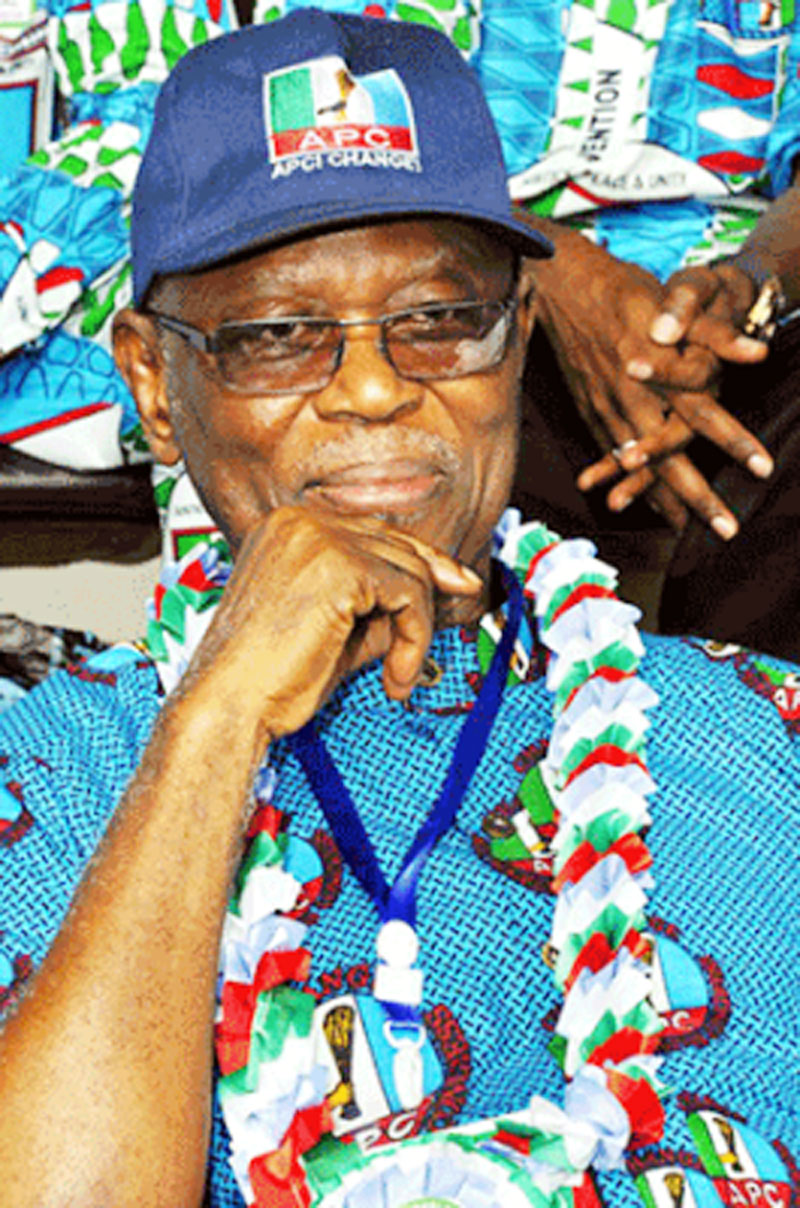
For the APC and PDP, the 2019 elections hold a lot in essence and substance. Following its unexpected displacement in 2015 after 16 years of being in power, PDP had been in grave shock, till, perhaps, recently.
While the party remained dazed, it stumbled from one leadership crisis to another at the national level and some of its state chapters.
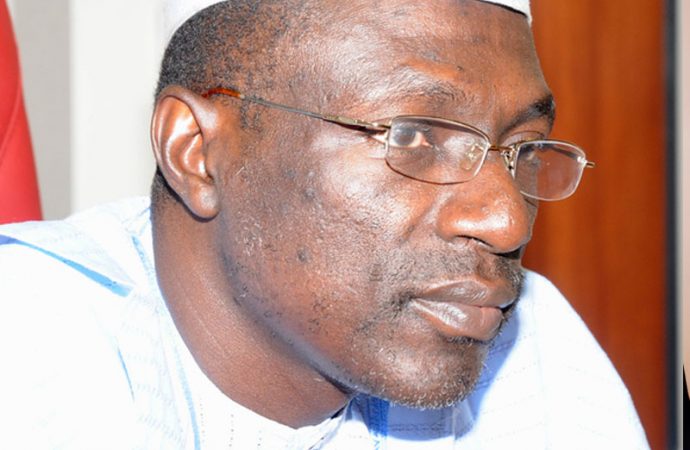
But with the Wednesday, July 12, 2017, Supreme Court pronouncement which affirmed the caretaker committee, led by former Kaduna State governor, Ahmed Makarfi, as the authentic national leadership of the party, as against the faction loyal to former Borno State governor, Ali Modu Sheriff, a semblance of direction began to emerge in its fold.
And in what seemed a consolidation of the emerging climate of understanding in the party, its Saturday, December 9, 2017, Abuja National Convention, may have effectively positioned it for the battle ahead.
Though the exercise which saw the inauguration of the Uche Secondus-led national working committee, had been variously criticised for not embracing the various tendencies in PDP, it is however seen to have restored the party to a large degree of relevance.
But what the party perhaps, needs to announce its arrival to its former standing in national politics, is winning back the presidency and regaining some of the states it lost to the APC in 2015.
Attaining this feat, incidentally, has remained the mantra of the leading figures in PDP at their various meets. The party also claims to have learnt from its mistakes and asks Nigerians to give it another chance.
On the surface, the missteps of the ruling APC, may provide PDP the opportunity to return to power. While it pleaded with Nigerians to vote for its candidates in 2015, APC had promised better life and focused leadership. What were then seen as the character and carriage of its presidential candidate, Muhammadu Buhari, added to the credibility of the pledge by the party.
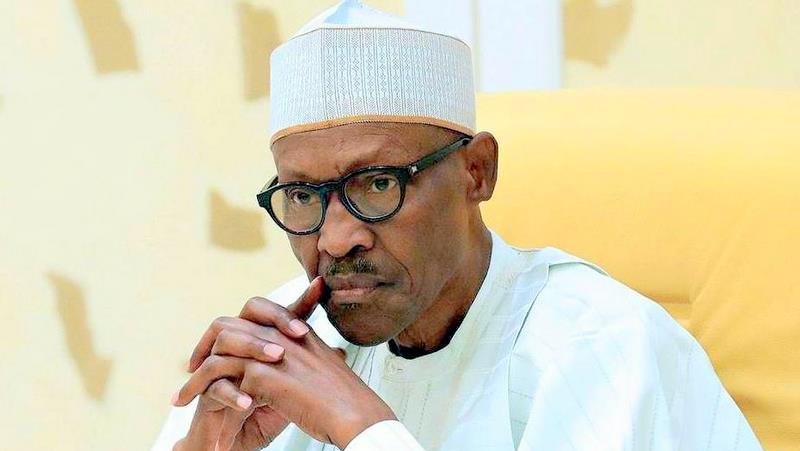
When Buhari further anchored his campaign on eradicating corruption, tackling insecurity and reviving the economy –issues considered as major drawbacks of the then Goodluck Jonathan administration, APC was readily embraced by majority of the voters.
But close to three years after the election, there are allegations of the party having sold a dummy to the citizens. In place of good life that the APC pledged, Nigerians have sunk deeper in poverty index. With prices of staple food items literally off the ceiling, youth unemployment expanding geometrically, and manufacturing companies closing shops or relocating to neighbouring countries on account of crushing production cost, life has somehow, become a misery to many Nigerians.
Signs of the unfriendly economic climate began to emerge, when shortly after the inauguration of the administration, pump price of premium motor spirit, otherwise called petrol, was hiked form N87 a litre to N145 a litre. By last December, following the acute scarcity of the product, the price skyrocketed to as much as N500 per litre in some parts of the country.
Even with relative availability of the product in major cities of Lagos and Abuja after the Christmas and New Year festivities, the high price regime persists in some states. In the East, for instance, reports indicate of petrol still selling at between N200 and N250 per litre.
But perhaps, the area the APC has failed woefully is in the area of security. Though the administration had initially recorded commendable successes in containing the menace of Boko Haram, the insurgents have regained their voice. In a manner that perhaps, portrays the urgency of the situation, the government, recently announced plans of withdrawing One Billion Dollars from Excess Crude Account to sustain the fight against the Sect that it had earlier claimed to have technically defeated.
Aside the Boko Haram insurgency, murderous Fulani Herdsmen are also constituting huge threat to the corporate existence of the country. Early in the month for example, the marauders invaded a Benue community and mowed over 30 in one fell swoop.
In other parts of the country, there are equally incidences of violence. Rivers State had a taste of the ugly trend when on December 31, 2017, more than 20 Christian faithful returning from New Year eve church service, were killed in Omoku, Egbema council part of the state.
There is also the issue of the President’s failing health that has made the government run virtually on snail speed. He was away on medical ground for more than five months last year.
These are some of the failings of APC which PDP may feast on in asking for votes. Depending on how the party presents its case and quality of candidates it fields for the presidency and other positions, it may cause major upset. And if that turns out the case, critics who have written off the ruling party as flash in the pan, would have had their way.
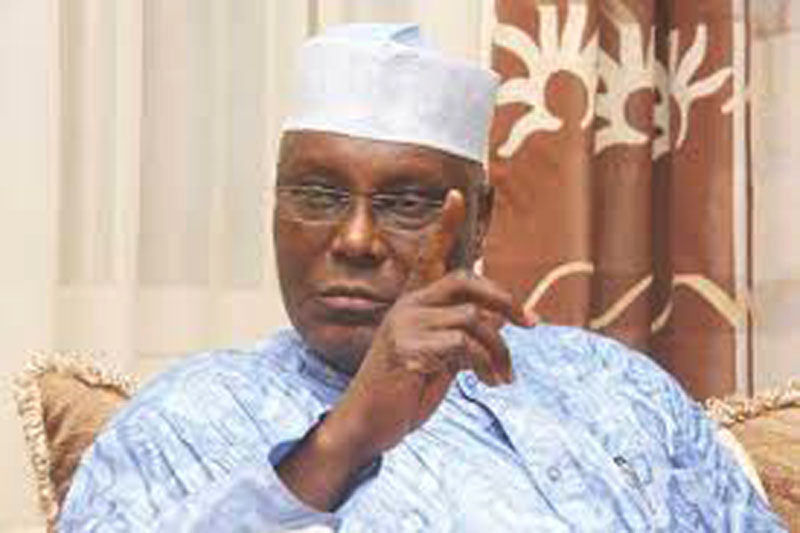
But it is not likely the APC would easily let go of power, easily. While it may be convenient for PDP to accuse it of failing in delivering on its promises, the ready defence of the party remains that it inherited a messy situation that cannot be remedied under four years.
It can also point at some of the efforts of the Buhari administration in raking in and trying officials and friends of past government suspected to have defrauded the country in one way or another.
Besides, it is likely that the party may represent Buhari as its presidential candidate. Its first-term governors may also go for second tenure. There is thus, the tendency of the so-called incumbency factor coming at play at the election. Taken from the positive, the factor entails influence and goodwill that will accrue to the candidate on account of his performance record. On the other hand, it may connote manipulation of the electoral process for the incumbent. Either or both will come into play if Buhari and the first-term APC governors are represented.
Analysts also envisage stiff challenge from other parties at the national level aside the APC and PDP. The thinking is on the possibility of emergence of a third force, comprising disenchanted chieftains of the two leading parties in coalition with other political parties. The true shape of the arrangement, remains hazy. But it may not be out of tune with insinuations in some quarters that neither the APC, nor PDP, has met the yearnings of Nigerians on what a national political party should be.
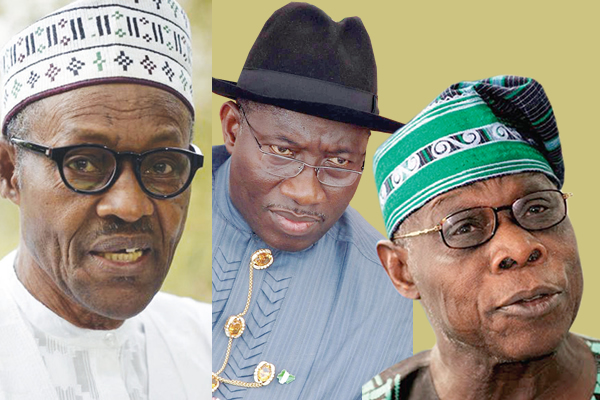
Former President, Olusegun Obasanjo, made the observation recently, when he reportedly took swipe on both parties, accusing them of being wobbly. It may be in a bid to ensure that effective leadership which the two leading political parties seem unable to provide, that the envisaged coalition may cash in on. But then, there is the factor of time, which may have already worked against any agenda in this regard.


